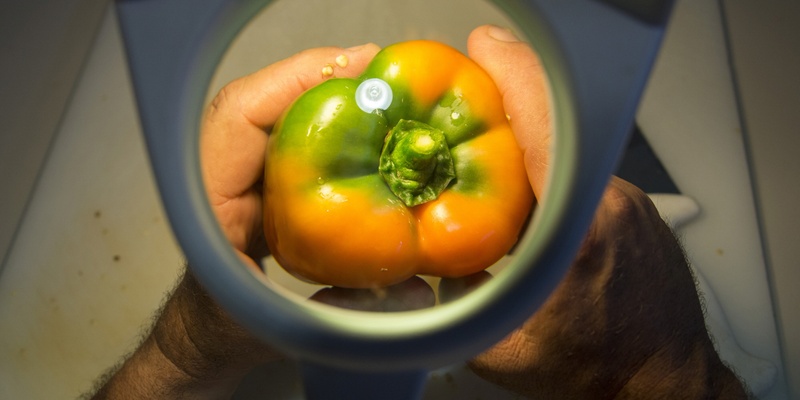Republic of Korea implements new trade tool with digital ePhyto plant health certificates
Posted on Tue, 11 May 2021, 10:56

© FAO/ Ezequiel Becerra
Seoul, 10 May 2021. The Animal and Plant Quarantine Agency (APQA) of the Republic of Korea started a new digital operation to exchange electronic phytosanitary certificates (ePhytos) developed by the Food and Agriculture Organization’s (FAO) International Plant Protection Convention (IPPC). Starting from today, the Republic of Korea will replace paper phytosanitary certificates exchanged with the United States Animal and Plant Health Inspection Service (APHIS) with ePhytos for all plant products traded with the United States of America.
Shipment delays from loss, damage, or fraudulent phytosanitary certificates are reduced when plant quarantine agencies receive ePhytos for plants and plant products instead of originating paper. In addition, phytosanitary certificates shipped by air can be stuck in route when international flight cancellations caused by the COVID-19 pandemic further delay original certificates receipt by border agencies.
In April 2021 APQA hosted an ePhyto informative seminar to encourage countries to participate and support the introduction and implementation of the IPPC ePhyto Solution. APQA also held two ePhyto global symposia in Seoul and Incheon, respectively in 2011 and 2015, while participating in a country pilot project for IPPC’s global hub operation. APQA’s test pilot exchange with USA proved successful by confirming stable and secure exchanges of ePhytos to implement digital plant health certificates with confidence.
The National Plant Protection Organization of Korea revised the law and regulation and updated the national IT system for commercialization of trade with ePhyto. Commerce efficiency is expected to shorten the period from issuance to submission of the phytosanitary certificates and facilitate plant product clearance at border with improved verification and certificate security.
The Republic of Korea plans to extend the exchange of ePhytos with other countries in phases as it provides support and guidance by its sharing experience. APQA confirms that paper certificates are always valid and use of the IPPC ePhyto Solution is optional based on industry requests.
More information on the implementation of the ePhyto Solution in the Republic of Korea is available on the APQA website.

